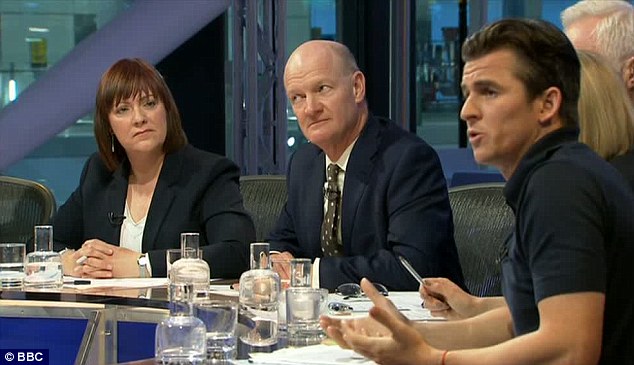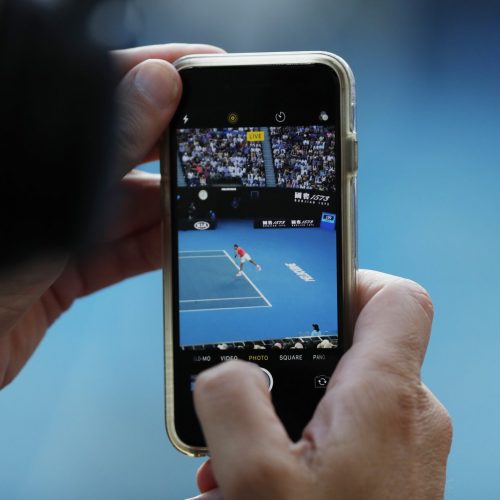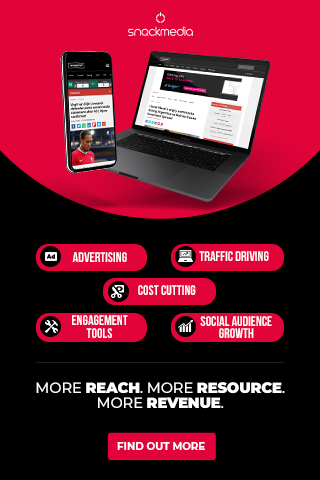5 Years of Digital Sport: Mark Segal on social media engagement and niche networks
To help us celebrate 5 years… yes 5 years… to the day of Digital Sport (and its previous iteration, UK Sports Network) I’ve asked some of our original contributors back to give some of their thoughts on the changes they have seen in that time. First up is Mark Segal who had the ‘honour’ of being the site’s first ever author on 22nd January 2010!
At the time of his first article, Mark was working as football editor at ITV.com. Since then he has changed careers and companies and now works as a product manager at PERFORM where he gets to create products using Opta data (who, by the way, are an excellent example of how to use social media!) @segalmark
If you need one example of how social media in sport has become an integral part of the national conversation, consider this: Joey Barton once appeared on Question Time.
Barton, the QPR midfielder with what we can politely call a chequered past, has built such a following on Twitter that the BBC thought it worthwhile to canvas his opinions on such diverse topics as the rise of UKIP, the lead up to the war in Iraq and voter apathy.

Five years ago in one of my first articles for this site I discussed how social media was a force for good bringing fans closer to their favourite teams and players. However, I cautioned that there would always be limits to the interaction and some topics would always be off limits.
At the time clubs were dipping their toe into social media, discovering what worked best for them and trying to set some rules by which every could play by. And to an extent that is still happening today.
While social media has forced its way into every part of sport and every team has some presence on one platform or another no one is still quite sure the rules of the game. And that’s what makes it so exciting and interesting.
Certainly there are experts out there and agencies and consultants can be hired to help but the ultimate aims of each team are so diverse that there are very few right or wrong answers. While some teams have continued to play a straight bat and purely send messages one way, there are a growing number of social media accounts that now properly interact with their fans making them feel even more part of a team.
As the various platforms have grown there have of course been problems and to begin with the platforms themselves were perhaps slow to identify this, but on the whole the rise of social media has been a huge benefit in sport.
As for the next five years, only a fool would predict what’s going to happen… so here goes!
With Twitter and Facebook now so huge many will find the platforms too impersonal and niche networks – even ones run by clubs or players themselves – will spring up to allow organisations to regain that personal touch. A well-targeted, engaged following of 200,000 will be far more valuable than a random following of millions.
Whatever happens, if the last five years are anything to go by it’s going to be an exciting ride!
About author
You might also like
Mallory Group Launches White Paper on the ‘New Normal’ for Sports Rights Holders
Sport is proving to be one of the high-profile business casualties of the Covid-19 pandemic. However, its slow and structured return will be a key factor in life entering the
The seven essentials for achieving successful sports branding
By Daniela McVicker When it comes to sports, great branding is a must. Your brand influences how people see your company or team. It helps you to forge connections with
Live Chat: A New Social Experience in Sports
Article written by John S. Kim, CEO and co-founder of global API company SendBird Social media rose to prominence throughout the world due to its potential for connection. Social channels provided the








